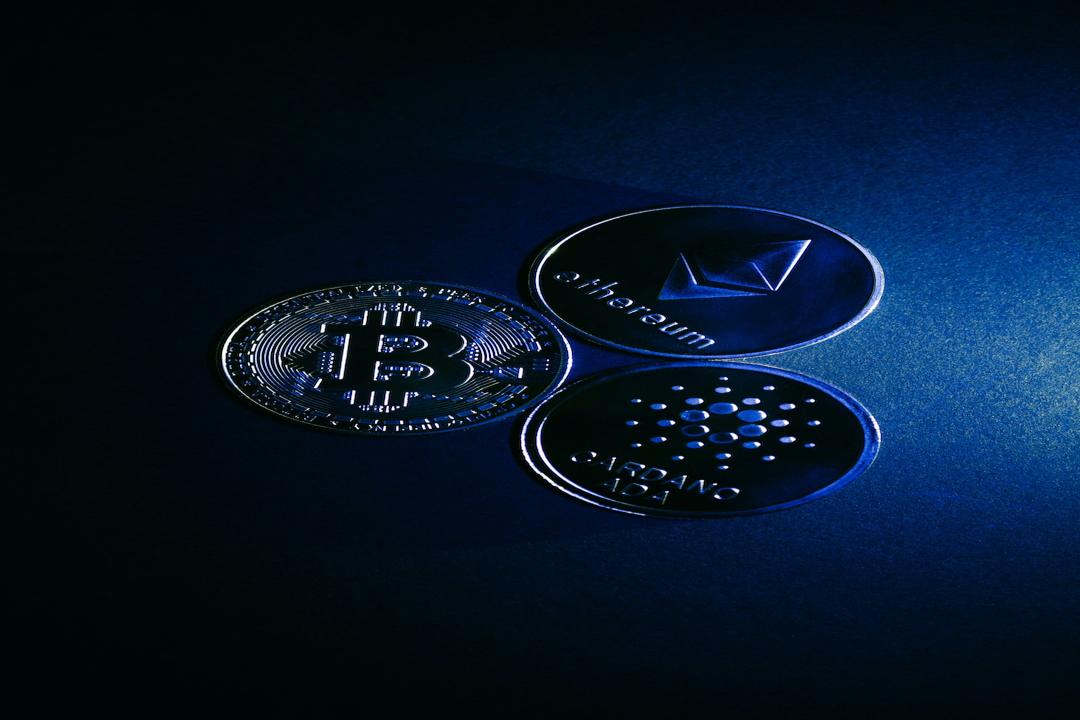The Bitcoin network is currently facing a surge in network fees with 332,000 unconfirmed transactions as of 12:05 pm Eastern Time on June 7. At that time, network fees reached 514 sats for high-priority transactions and 513 sats for low-priority transactions, peaking at around 520 sats per transaction earlier in the day. In terms of United States dollars, this amounts to $50–$52 in fees per transaction. However, priority fees have now decreased to around $46 per transaction.
Blockchain reporter Colin Wu suspects that the 332,000 unconfirmed transactions may be due to centralized exchange OKX collecting and organizing wallets, although this has not been confirmed yet.
Post-halving economics and the challenges faced by Bitcoin miners have become more prominent. The reduction of the block reward from 6.25 Bitcoin (BTC) to 3.125 BTC in late April has had a significant impact on miner profits. Bitfarms reported a 42% decrease in mining revenue for the month of May, the first full month following the halving event. The company disclosed that they earned 156 BTC in May compared to 269 BTC in April. Additionally, extreme weather conditions in their Argentina facility caused the Rio Cuarto facility to shut down for eight days, resulting in a decrease in the total number of Bitcoin mined.
Bitcoin miners in the U.S. have spent a total of $2.7 billion on electricity since the beginning of 2024, despite facing increased computing difficulty and reduced rewards. Analyst Paul Hoffman stated that Bitcoin mining in the U.S. has consumed 20,822.62 GWh of electric power since the start of 2024, which could power 1.5% of U.S. households for a year.
The average cost to mine a single Bitcoin was $52,000 in April. Following the halving event, this cost has more than doubled to an average of $110,000 per Bitcoin.

